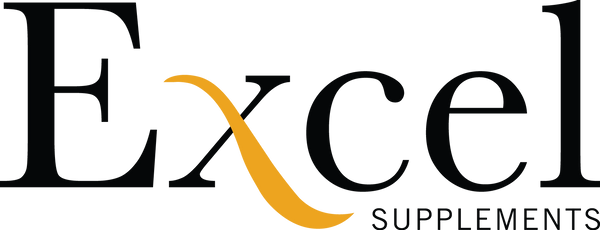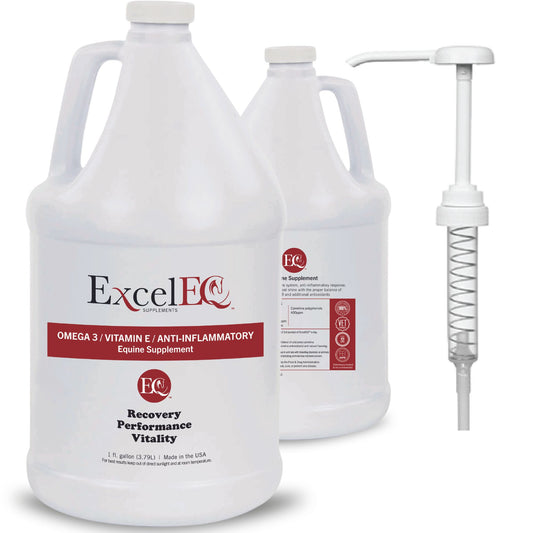Our oceans have taken a large hit over the last 50 years. In an effort to bring awareness, we celebrate World Ocean's Day. We celebrate as a means to inform people about the impact humans have on the ocean. The lack of sustainability for ocean life has become increasingly worse. The ocean ecosystems have been severely damaged by commercial overfishing and mass pollution.
Though, pollution problems in the ocean need addressing. It does not compare to the damage done by overfishing. The ocean ecosystems are arguably the most important ecosystem on our planet. As the oceans are responsible for the most carbon filtration of air (even more than trees). Remember, the fishing industry doesn't just supply your salmon at a restaurant or the fish for your next sushi order. Fish by-products are found many places, such as, fish oil pills, protein concentrates, amino acids, glue and gelatin.
Overfishing and Sustainability
Overfishing happens when we capture fish faster than they can restore the population. According to the Food and Agriculture Organization, one-third of the world's fisheries exceeds sustainable limits. Another issue that comes from overfishing is what is known as bycatch. Bycatch is the capture of unwanted sea life while targeting a specific fish. Bycatch is responsible for the loss of billions of fish, sea turtles, and marine mammals.
Sustainability is found when the rate of fishing does not cause a decline in the population as time goes on. Sustainability also implies a level that respects marine ecosystems and promises fishing practices for longevity. Also, fishing has been a livelihood for many as it is one of the oldest occupations known. Surely, overfishing affects ecosystems and causes environmental issues. But, it can also cause economic issues if there are no longer fish to harvest.

Fish Oil and Omega-3
For many, omega-3 supplementation is an important part of our personal nutrition program. This also goes for our animals. According to the World Wildlife Organization, seven of the worlds top 10 fisheries target for low trophic level fish. Yet, out of that percentage, 90 percent of what they catch is made into fishmeal and fish oil. You can trace the omega-3 found in fish back to the algae consumed by smaller food chain fishes.
Fish oil contains DHA which accumulates as a result of breakdown from alpha-Linolenic acid or ALA. However, this process begins by eating small fish who eat sea plants containing high levels of ALA. Fish oil is the densest source for Omega-3 you can find on earth. It comes in two forms: Docosahexaenoic Acid -or- DHA (created during digestion). And other sources such as plant oils come in a form called Alpha-Linolenic Acid--ALA-.
Omega-3 Supplementation Alternatives
Have you ever seen a horse fish? Don't worry, we haven't either. This is why Excel Supplements provides the most stable source of plant based omega-3 on the market. Respectively, horses and livestock are more adjusted to a plant based omega-3 source. For this reason, their necessary omega-3 fatty acid needs are in the form of ALA. Supplementing horses and livestock with fish oil or DHA-sourced omega-3 is an unnatural form of supplementation. Alternatively, for canines, a DHA sourced omega-3 supplement is not bad for them. However, as omnivores, we recommend the use of plant-based supplementation over fish oil. This aids in the fight for sustainability in our oceans while still providing the proper omega-3 fatty acids needed.

Camelina Sativa Sustainability
Since the Camelina sativa plant is allelopathic, it releases a natural chemical from its roots. This chemical eliminates the need for harmful pesticides. Camelina is capable of growth in semi-arid and often non-arable land. Therefore, enabling a wide growing range. This is without competing against food crops or needing irrigation. Also, limited fertilizer needs to add to its sustainability. Camelina has been certified by the RSB (Roundtable of Sustainable Biomaterials) for its limited greenhouse gas emissions. Furthermore, choosing to replace marine sourced omega-3 with plant based is not only better for your animals, but is better for the world.
Shop Plant Based Equine Supplement Here
Shop Plant Based Canine Supplement Here









